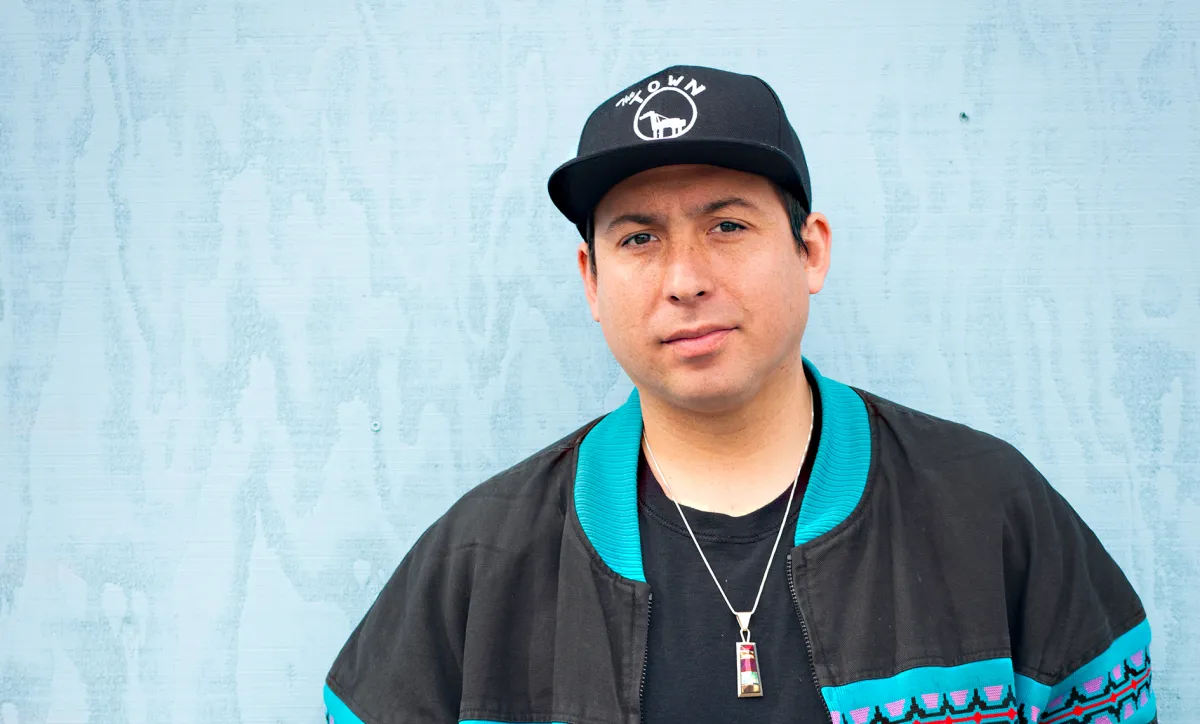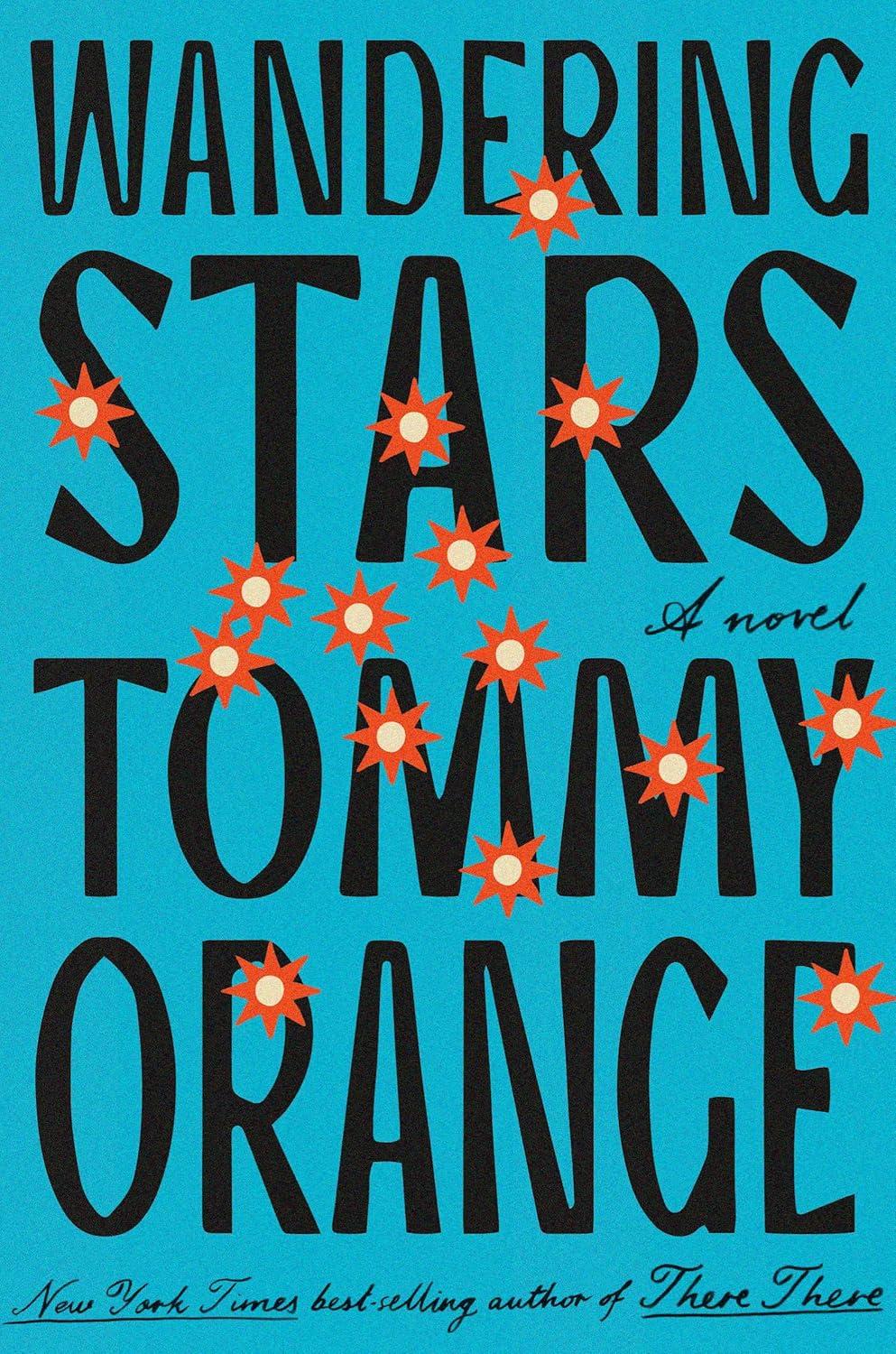A long overdue novel about "white skins" and "red skins"

 Knopf
KnopfTommy Orange | Wandering Stars | Knopf | 336 pages | 29 USD
Most people would very likely deny, indignantly, ever behaving in a racist manner or even unconsciously harbouring racist prejudices. For those who think thus, whether self-righteously or naively, reading Wandering Stars can give rise to feelings of shame, and be a disturbing, if also enlightening, experience.
Shame, because you may realise how attached you are to the cliché of the „noble savage“. Enlightening, because Tommy Orange, himself a member of the Cheyenne and Arapho tribes, talks about Indians who make Karl May’s „Winnetou“ and his sister „Nscho-Tschi“ look like soulless cardboard cut-outs. Which they are. Disturbing, because every reader, whether white, red, black, yellow or mixed-race, is invited to examine themselves and ask: Who were my ancestors? What do I have in common with them? Who am I? Who do I want to be?
Despite these questions, Wandering Stars is more than a novel about Native Americans or an astute, original contribution to current debates about racism and identity politics.
The family’s story, which spans 150 years - from the end of the Indian Wars to the present day - is full of cruelty and injustice. But Tommy Orange tells the story without moralising, without accusation or self-pity. Instead, it is told with the accuracy of a historian and the big heart of a clever sceptic.
The story begins with the government’s campaign to „eliminate the original inhabitants“ of the young US state. The family saga begins with Jude Star, a survivor of the Sand Creek Massacre of 1864, and extends to his descendants, two young Native Americans in the twenty-first century who are no longer even sure whether they can still call themselves Indians.
In between are six generations who have survived massacres, famine and addiction, who have been „relocated“ several times, re-educated in military boarding schools or given up for adoption to „white“ American parents. According to the slogan of US and Canadian governments, so contemptuous of humankind: ‚Kill the Indian in him, and save the man‘.
In the individual life stories, the Indians rebel against the overpowering whites, seek their salvation in ghost dances or give up and try to meet the expectations of the victors. Some go so far in their self-sacrifice that they abandon their names and take on the names of their oppressors or choose names from the Bible.
The fate of those Indians who are baptised in good faith but continue to suffer at the hands of their white, Christian brothers is almost unbearable. A long, bitter-sweet speech by a mother to her unborn child is completely overwhelming.
At such moments, choked with emotion as you read, you are grateful to Tommy Orange for not telling the story in a linear and chronological way, but instead „sampling“ typical scenes and snippets from life to create a polyphonic symphony. On reaching the final page of the novel, however, you are left not with indignation, pity, sadness or anger, but amazement at the inner strength, capacity for suffering and adaptability to change of these descendants of the Native Americans. And, of course, Tommy Orange’s multi-voiced novel with its dizzying human depths, hopes of redemption and power, and a quiet, indestructible humour.



